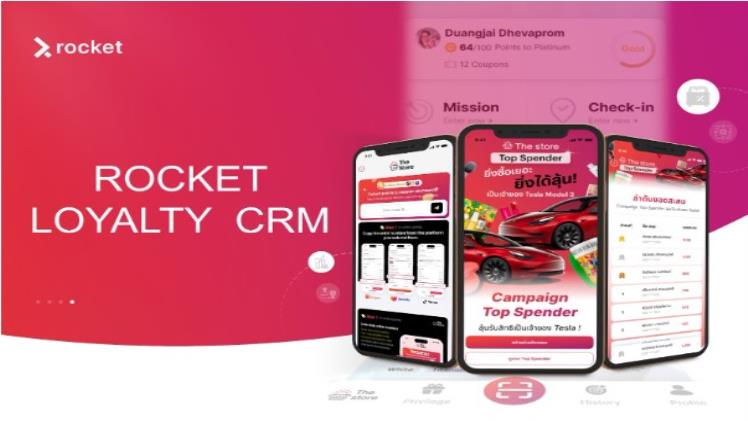Fighting Back: When To Hire A Lawyer For Workplace Discrimination?
Workplace discrimination isn’t always loud or obvious. Sometimes, it hides behind denied promotions, unequal pay, unfair discipline, or even subtle changes in tone and treatment. Whether it’s based on race, gender, age, religion, disability, or another protected characteristic, workplace discrimination can have serious emotional, professional, and financial impacts. When the situation crosses a line from uncomfortable to unlawful, hiring a lawyer may be the most effective way to protect your rights and pursue justice. If you’ve been wrongfully terminated after reporting discrimination in Florida, employment laws in the state provide legal avenues to seek compensation and hold your employer accountable.
Here’s how to recognize when it’s time to take legal action and how an employment discrimination lawyer can help.
- Understanding What Qualifies As Discrimination?
Discrimination at work happens when a boss treats a worker or job applicant badly because of a protected trait. These characteristics include:
- Race or ethnicity.
- Gender or gender identity.
- Age (40 and over).
- Disability.
- Religion.
- Pregnancy.
- National origin.
- Sexual orientation (in many jurisdictions).
Discrimination can occur at any stage of employment—from hiring and training to promotion, compensation, and termination. It doesn’t have to be a single major incident; even a pattern of unequal treatment can build a legal case.
- Signs You May Be Facing Discrimination
It’s not always easy to know when unfair treatment becomes illegal discrimination. However, common signs include:
- You are consistently passed over for promotions in favor of less qualified colleagues.
- You receive negative performance reviews without clear reasoning or support.
- You are subject to offensive jokes, comments, or slurs related to your identity.
- You are excluded from meetings, opportunities, or workplace communications.
- You’ve been demoted or terminated shortly after disclosing a protected status (such as a pregnancy or disability).
If these patterns exist and your concerns are ignored or dismissed by HR or management, it may be time to consult an attorney.
- When To Hire A Lawyer?
While minor conflicts or misunderstandings may be resolved internally, there are clear situations where hiring a lawyer becomes essential:
- You’ve Filed A Complaint, But Nothing Has Changed: If you reported discrimination to HR and the behavior continues—or you’re being retaliated against for speaking up—legal intervention is likely necessary.
- You’ve Been Wrongfully Terminated: Being fired after reporting discrimination or after revealing a protected status (such as becoming pregnant or disclosing a disability) could be grounds for a wrongful termination lawsuit.
- You’re Unsure Of Your Rights Or Next Steps: Employment law is complex. A lawyer can help you understand whether your experience qualifies as discrimination under the law and what options you have.
- You Want To File A Formal Complaint Or Lawsuit: An Equal Employment Opportunity Commission (EEOC) or a similar state agency may need to hear your case before you can file a lawsuit for discrimination. A lawyer can help you prepare and guide you through the process.
- What A Discrimination Lawyer Can Do For You?
An employment discrimination lawyer provides more than just legal representation—they offer strategic advice and emotional support during a difficult time. Here’s what they can do:
- Evaluate your case and determine its legal strength.
- Gather evidence such as emails, performance reviews, and witness statements.
- File charges with the appropriate agency or court.
- Negotiate settlements or represent you in court.
- Help you get money for things like lost wages, emotional pain, and legal fees.
Hiring a lawyer makes it the same for everyone, even big businesses with their own legal departments and resources.
- Protecting Yourself In The Meantime
If you’re facing ongoing discrimination and haven’t yet spoken to a lawyer, take these steps to protect yourself:
- Document every incident in detail, including dates, times, and individuals involved.
- Save emails, performance reviews, and any written communications.
- Avoid discussing the situation publicly or on social media.
- Follow internal complaint procedures while keeping personal copies of all submissions.
Conclusion
No one should feel powerless or isolated when facing discrimination at work. If your workplace becomes a hostile or unfair environment due to your identity or background, hiring a lawyer can be the first step toward justice. Discrimination is not just wrong—it’s against the law. And with the right legal support, you don’t have to fight alone.







